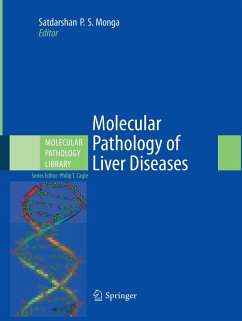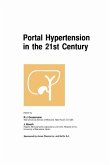Cellular and Molecular Pathology of the Liver is extensive, complex and ranges from the understanding the basic molecular mechanisms that dictate everything from liver homeostasis to liver disease. Molecular Pathology of the liver is complicated due to some of the important functions inherent and unique to the Liver, including its innate ability to regenerate and the multitude of functions it plays for the wellbeing of an organism. With all this in mind, Molecular Pathology of Liver Diseases is organized in different sections, which will coherently and cohesively present the molecular basis of hepatic physiology and pathology. The first two sections are key to understanding the liver anatomy and physiology at a cellular level and go on to define the molecular mechanics in various liver cell types. These sections also cover the existing paradigms in liver development, regeneration and growth. The next section is key to understanding the Molecular Pathology unique to liver diseasesand associated phenotypes. The final sections are geared towards the existing knowledge of the molecular basis of many common and uncommon liver diseases in both neoplastic and non-neoplastic areas including pathologies associated with intra-hepatic and extra-hepatic biliary tree.Thus, this textbook is a one-stop reference for comprehending the molecular mechanisms of hepatic pathobiology. It is clearly unique in its format, readability and information and thus will be an asset to many in the field of Pathology and other disciplines.








